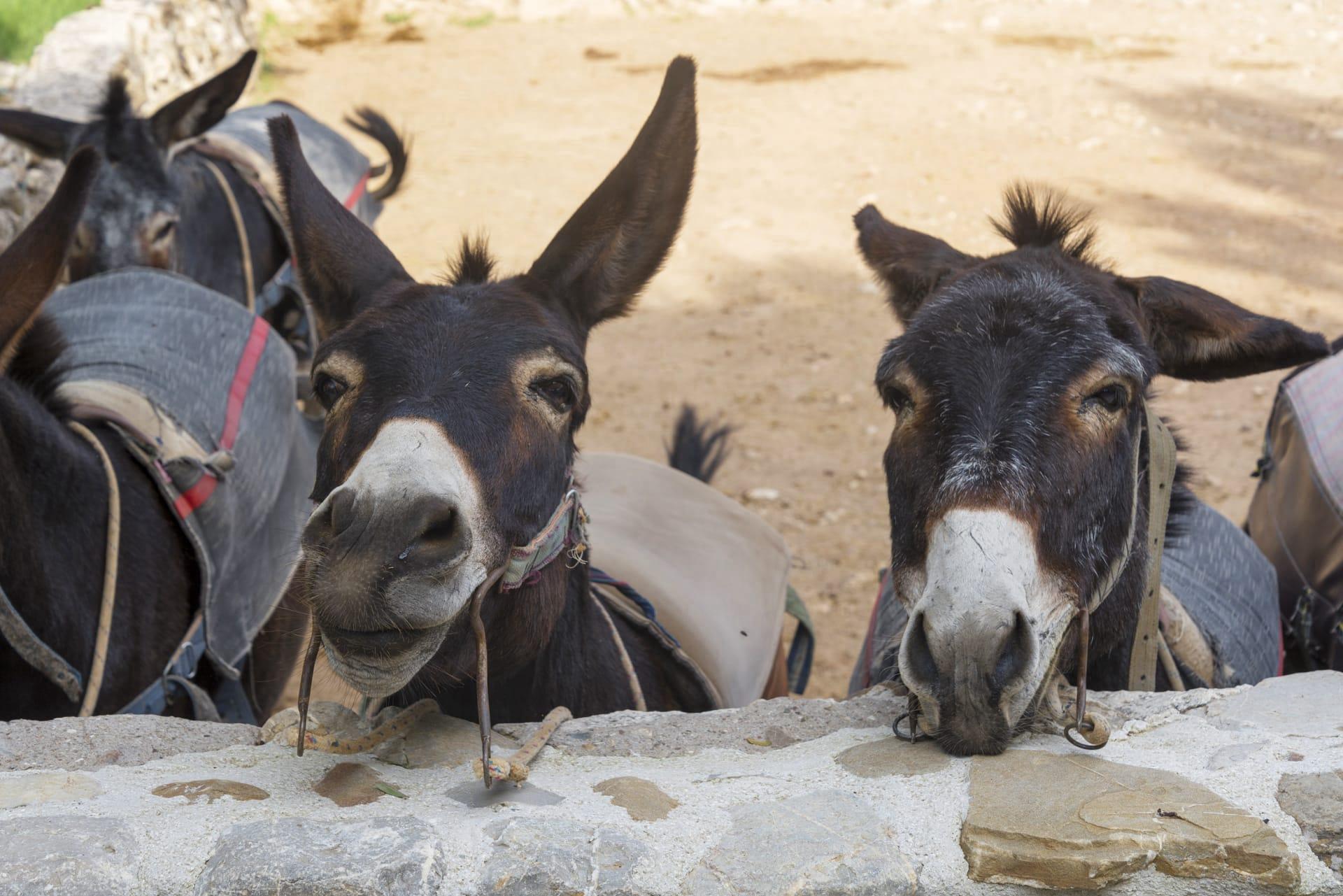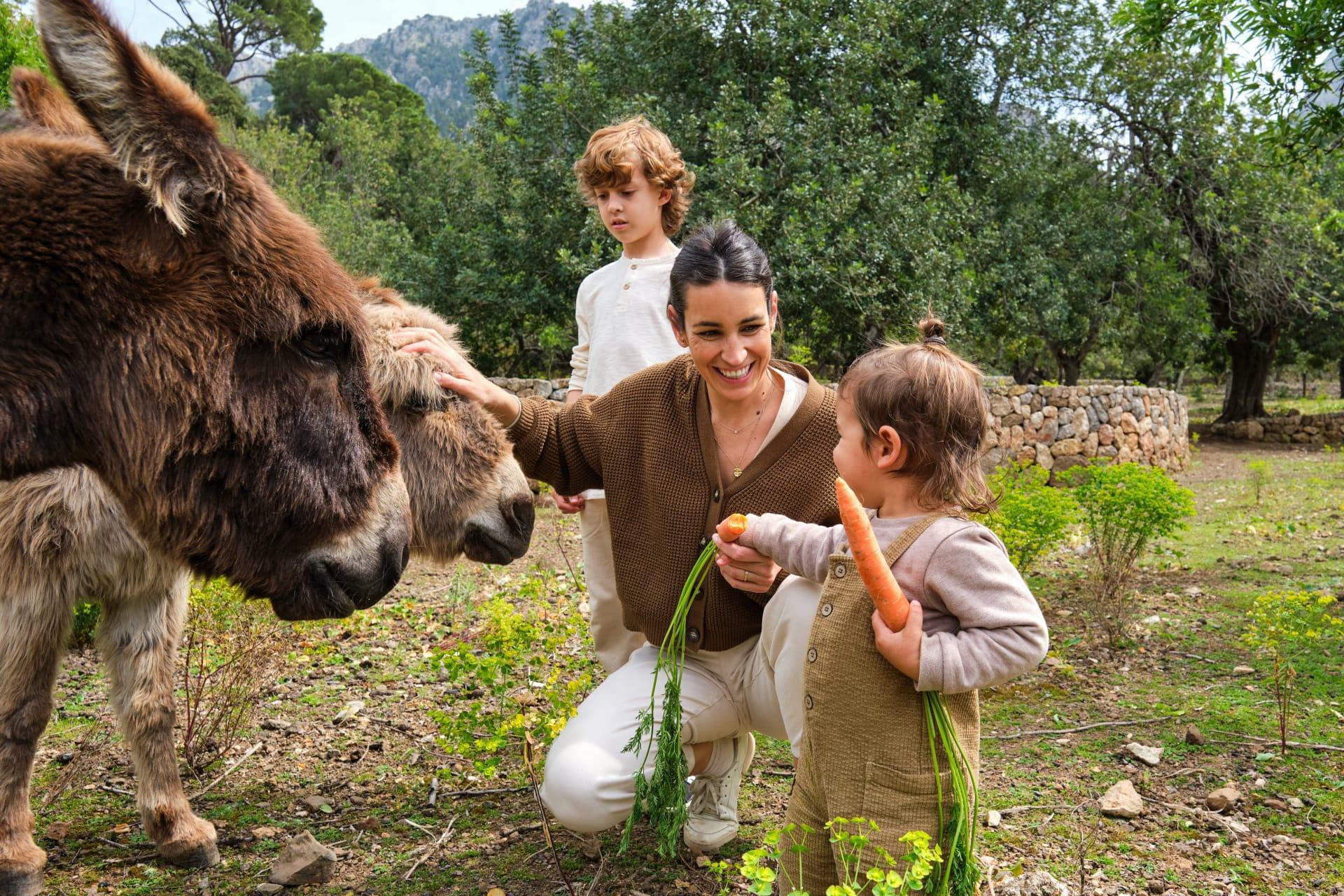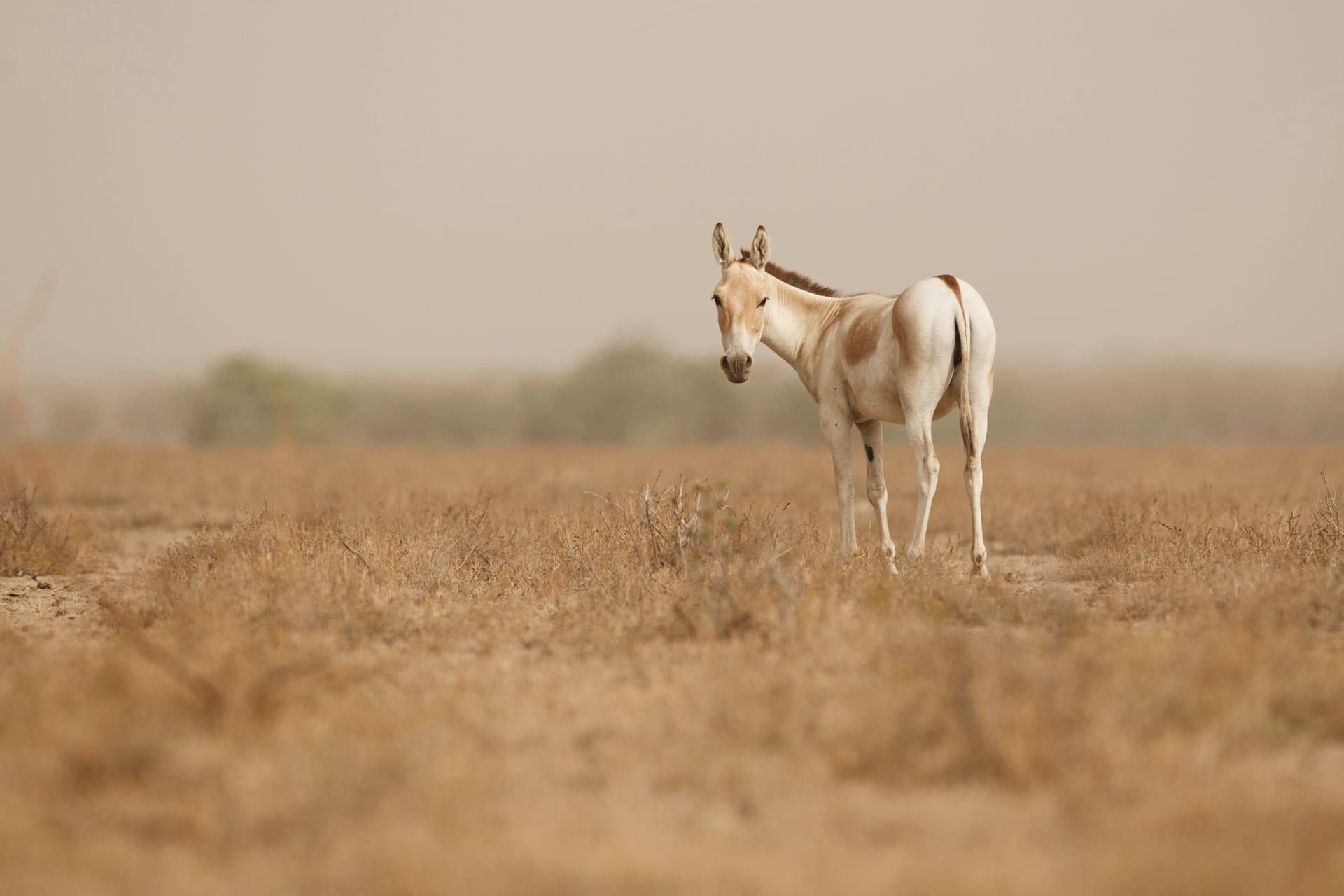Donkey Trivia
- Home /
- Trivia Question /
- Animal /
- Donkey Trivia
1
Question: How long can donkeys live, and what factors influence their lifespan?
Answer: Donkeys have an impressive lifespan, typically living for 25 to 30 years. However, with excellent care, some donkeys can live up to 40 years. Factors influencing their longevity include genetics, diet, healthcare, and environment. A well-balanced diet, regular veterinary check-ups, and a safe, comfortable living environment are crucial for their long-term health.
Question: What is the maximum weight a donkey can carry?
Answer: Donkeys are strong animals and can carry up to approximately 20% of their body weight. For a standard donkey weighing around 500 pounds (about 227 kilograms), this means they can carry up to 100 pounds (45 kilograms). It's important to note that the weight they carry should include the rider's weight and any additional load. Overburdening a donkey can lead to health problems and reduced lifespan.

2
Question: Are donkeys really stubborn as commonly believed?
Answer: The stereotype of donkeys being stubborn is a misconception. In reality, donkeys are cautious and intelligent animals. They often hesitate in unfamiliar or potentially dangerous situations, which can be mistaken for stubbornness. This behavior is actually a survival mechanism, reflecting their analytical approach to challenges.
Question: Can donkeys recognize other individual donkeys and humans?
Answer: Yes, donkeys have excellent memory and can recognize other donkeys and humans they've interacted with. Studies show they can remember a familiar face for years, which helps them form lasting bonds with other donkeys and their human caretakers. This recognition ability is a sign of their social and intelligent nature.

3
Question: What is the difference in vocalization between donkeys and horses?
Answer: Donkeys have a unique vocalization called a 'bray,' which is distinctly different from a horse's neigh. A donkey's bray is louder and can last for about 10-20 seconds. It serves various purposes, like signaling distress, communicating with other donkeys, or expressing excitement. The sound is recognizable due to its loud, harsh, and vibrating quality.
Question: How fast can donkeys run?
Answer: Donkeys aren't known for their speed, but they can run at respectable speeds when necessary. On average, a donkey can run up to 15 miles per hour (24 kilometers per hour). This speed can vary depending on the donkey's size, age, and overall health. Although not as fast as horses, donkeys are quite capable of quick movement in short bursts.

4
Question: What role do donkeys play in agriculture and transportation in various cultures?
Answer: Donkeys have been integral to agriculture and transportation for centuries, especially in rural and developing regions. They are used for plowing fields, carrying goods and people, and even turning water wheels. In many cultures, donkeys are valued for their endurance and ability to work in tough environmental conditions.
Question: How do donkeys communicate with each other?
Answer: Donkeys communicate through a range of sounds, body language, and facial expressions. They bray to signal their presence and connect with other donkeys. Ears play a vital role in their communication; for example, ears forward can indicate interest, while ears laid back might signal annoyance or discomfort. They also use physical contact like nuzzling for bonding and showing affection.

5
Question: What are the main dietary needs of donkeys?
Answer: Donkeys require a diet primarily composed of fiber. They naturally graze on grass, herbs, and shrubs. Their diet should be supplemented with hay, especially in areas with less vegetation. Unlike horses, donkeys are prone to obesity, so their diet must be carefully managed to prevent overfeeding. Access to clean, fresh water and a salt lick is also essential for their health.
Question: Can donkeys be trained for activities other than carrying loads?
Answer: Absolutely! Donkeys are intelligent and can be trained for various activities. They can participate in donkey derbies, obstacle courses, and even therapeutic programs for people with disabilities. Training requires patience and positive reinforcement, as donkeys respond well to kindness and gentle guidance. Their calm demeanor makes them suitable for interactive activities with humans, especially children.